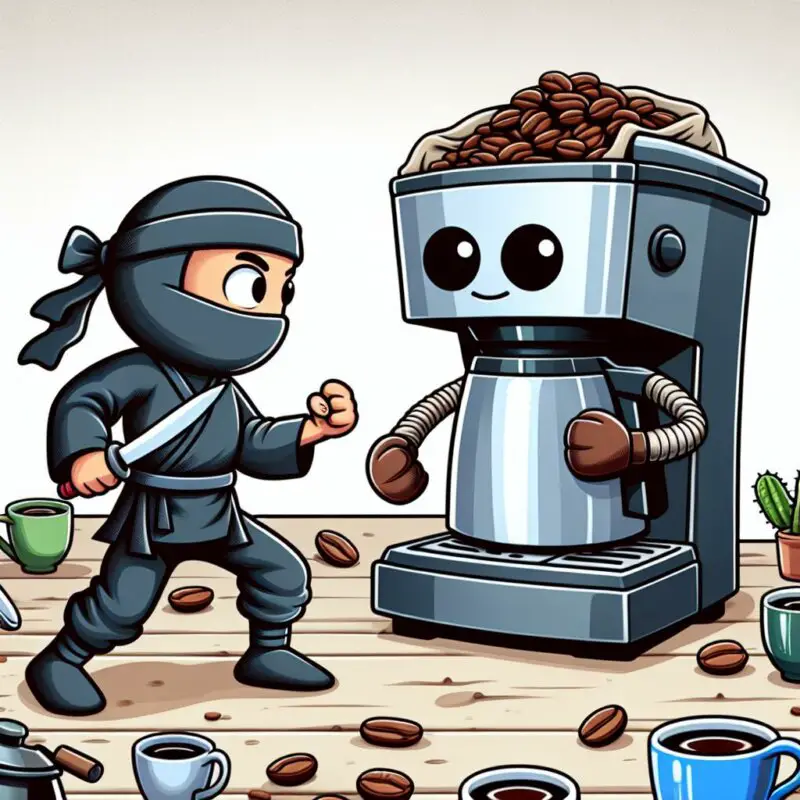This post may contain affiliate links. Please read my disclosure for more info.
Looking for a bolder, more bitter coffee experience? You’re not alone. Many coffee aficionados crave that sharp taste in their cup. This guide will walk you through how to achieve just that, from selecting the right beans to adjusting your brewing process. Let’s get straight to the point and help you make your coffee match your bold palate.
The Role of Coffee Beans
The beans are where it all starts. The bitterness of your coffee is heavily influenced by the type of beans you choose. Robusta beans are known for their strong, bitter flavor, thanks to their high caffeine content, which is almost double that of Arabica beans. Arabica beans, on the other hand, tend to have a sweeter, more delicate flavor profile. If bitterness is what you’re after, go for Robusta.
The Grind Size Matters
The size of your coffee grind plays a critical role in determining the bitterness of your brew. A finer grind increases the surface area in contact with water, enhancing the extraction of bitter compounds. For maximum bitterness, aim for a fine grind, similar to what you’d use for an espresso. Just be mindful not to overdo it; an excessively fine grind can lead to over-extraction and an unpleasantly bitter taste.
Brewing Methods for Bitter Coffee
Different brewing methods can also impact the bitterness of your coffee. Here’s a quick rundown:
- French Press: Known for producing rich, full-bodied coffee, you can increase bitterness by extending the steeping time.
- Espresso: Naturally produces a bitter and strong cup of coffee due to the high pressure and fine grind used. For extra bitterness, try a slightly longer extraction time.
- Drip Coffee: To enhance bitterness, use a finer grind and hotter water. This method can be easily adjusted to suit your taste.
Experiment with these methods and tweak them according to your preference for bitterness.
Water Temperature and Coffee Bitterness
Water temperature is crucial in extracting the bitter compounds from coffee. Generally, hotter water results in more bitterness. Aim for a temperature range between 195°F to 205°F (90°C to 96°C) for optimal extraction. Going above this range can cause over-extraction, making your coffee excessively bitter and harsh.
The Importance of Brewing Time
The brewing time directly affects the extraction of flavors and compounds, including bitterness. A longer brewing time will extract more bitterness, but be careful not to overdo it. Here’s a basic guideline:
- French Press: 4 minutes is standard, but try 5-6 minutes for more bitterness.
- Espresso: Standard shots take about 25-30 seconds. Extend this slightly for extra bitterness.
- Drip Coffee: Brewing time is mostly determined by the machine, but using a finer grind can slow down the extraction process, increasing bitterness.
Experimenting with Ratios
The ratio of coffee to water can significantly impact the strength and bitterness of your brew. A higher coffee-to-water ratio means a stronger and potentially more bitter cup. Start with a 1:15 coffee-to-water ratio and adjust according to your taste. If you prefer it more bitter, gradually increase the amount of coffee until you hit the sweet spot of bitterness for you.
By understanding and adjusting these factors, you can fine-tune your coffee brewing process to create a cup that’s as bitter and bold as you like. Remember, making coffee is a personal experience, so don’t be afraid to experiment until you find what works best for you.




